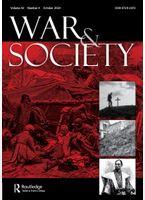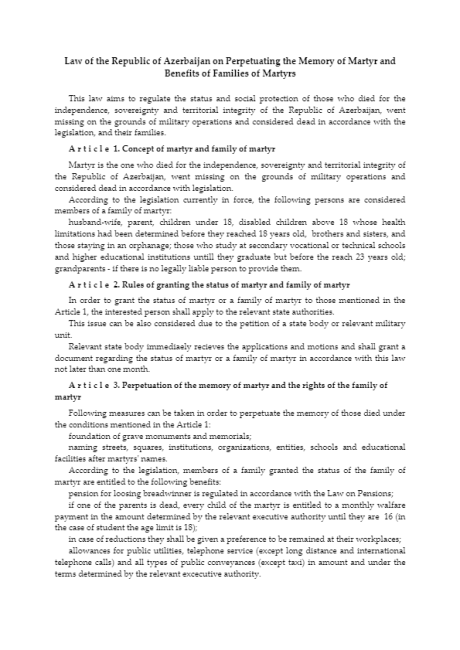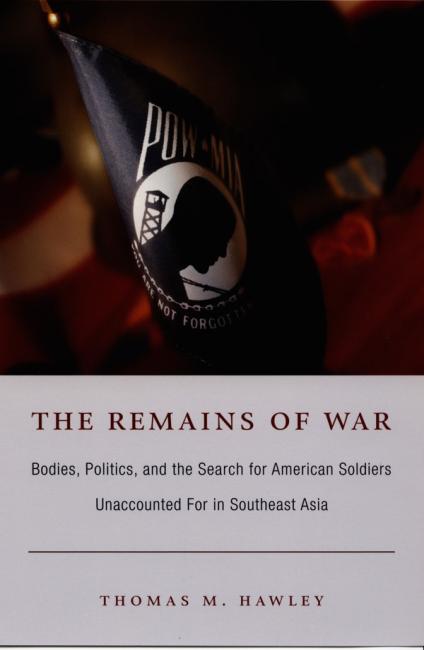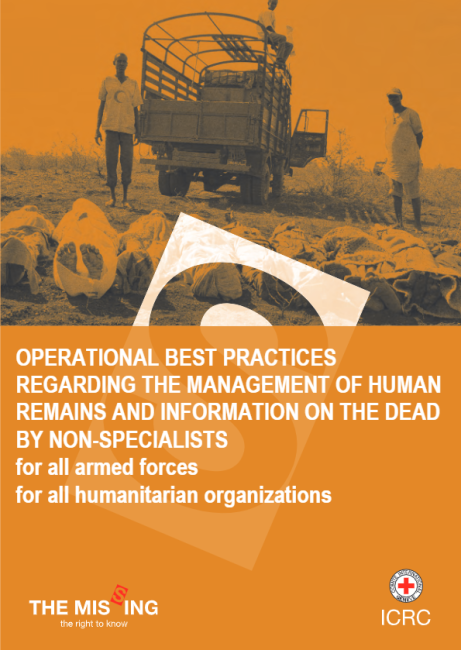
Article
War dead, trauma, and care: the differential reintegration of Vietnamese former combatants
Author
Tâm T. T. Ngô & Đạt Nguyễn (NIOD Institute for War, Holocaust and Genocide Studies, Amsterdam, The Netherlands )
Publication Year
2024
Region
Asia and the Pacific
Topic
Combatant
/
Memorialization
Access
Open access
This paper explores how Vietnamese former combatants navigate and contest the infrastructure of care and recognition (or lack thereof) for veterans, their families, and the war dead in postwar Vietnam. It examines efforts by veterans to establish their socio-political standing through acts of claim-making, including spiritual care for the dead. We argue that through these acts of claim-making, veterans forge an alternative modality of veteranhood based not simply on state-recognised war contributions, but also on moral commitments to social justice and care for the fallen and their bereaved families in the postwar period.
Share




